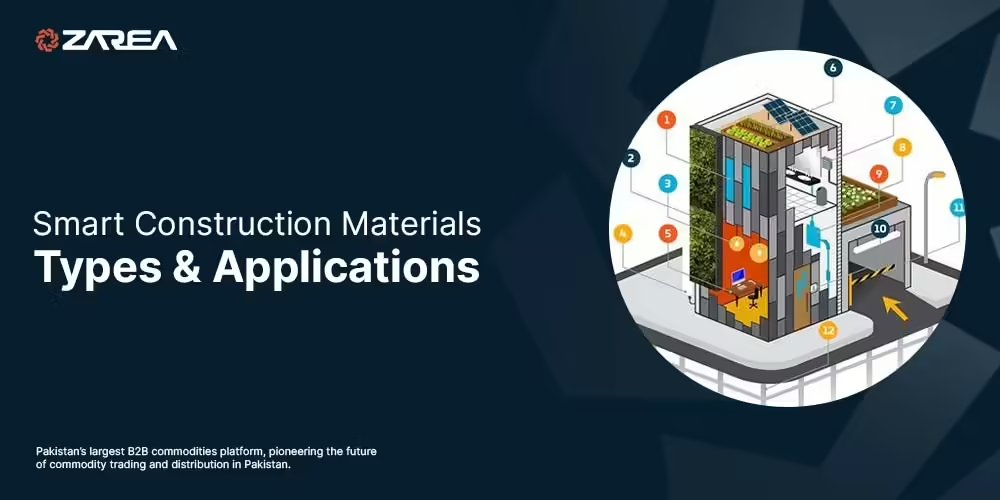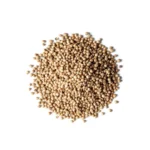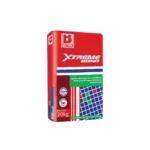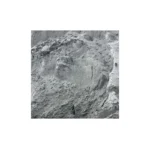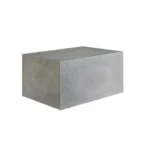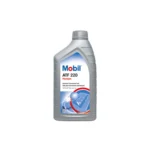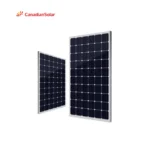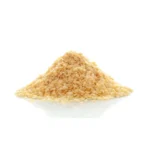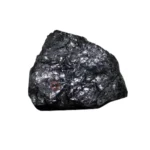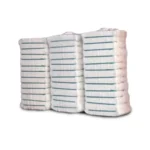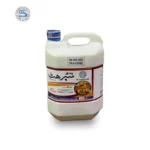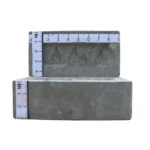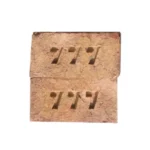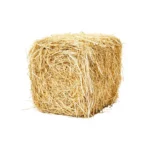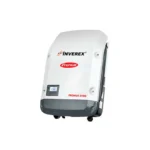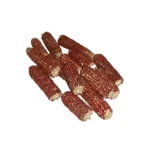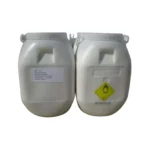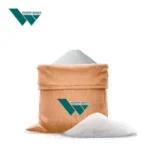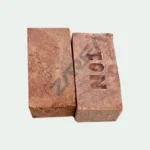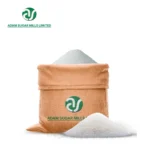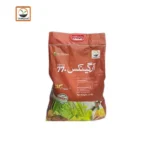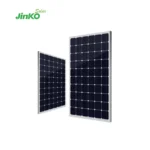As the world begins understanding the full scope of climate change, countries are taking action to achieve sustainable development. As a result, the real estate business is moving away from using conventional materials and toward a greater reliance on technological advancements.
Not only can these materials guarantee a building’s lifetime, but they also make it possible for sustainable design practices to be implemented in the commercial construction industry.
Using high-tech building supplies is a major factor in this positive, long-term trend of sustainable development. These are substances whose physical properties alter when subjected to different conditions.
The properties of smart materials can be modulated in a controlled fashion by a variety of environmental factors such as temperature, light, stress, moisture, electric or magnetic fields, pH, or chemical compounds. Intelligent or responsive materials are another name for them.
Because of their unique properties, they are crucial building blocks for many engineering projects. In addition, they’re used in many kinds of civil engineering projects to boost the effectiveness and efficiency of buildings.
Thanks to modern science and technical development, new materials and smart materials of various types have been introduced.
Types of Smart Construction Materials
The most often used forms of smart building materials are:
Shape Memory Alloys (SMAs)
SMAs, as their name suggests, can revert to their original form after being subjected to a shape-changing stimulus. Because of their ability to absorb energy and return it to its original form after being stretched repeatedly, SMAs are widely used for the seismic protection of buildings.
In addition, SMAs are distinguished by their Characteristics such as:
- Durability under stress; resilience to fatigue
- Being able to withstand a high-strain cycle
- Longevity and dependability
Piezoelectric Materials
Materials that generate an electric current when subjected to mechanical strain are known as piezoelectric. Instead, piezoelectric materials will change shape when an electric current is run through them.
For example, these materials may have the following characteristics:
Lead titanate ceramic, a piezoelectric material, is utilized to create high-resolution ultrasonic pictures because of its exceptionally weak planar coupling. In addition, these materials are employed for their excellent acoustic impedance; they are lightweight and have soft flexibility. This includes the capacity to see through various tissues.
Magnetostrictive materials
These materials can alter the size in response to an electric or magnetic field and generate a voltage when stretched. Their deformation is mechanically proportional to the square of the electric field. Some places you can find these materials are in pumps, valves, and an aeronautical wind tunnel.
Electrorheological Fluids
Viscosity changes when subjected to an electric field; this property is exhibited by materials having colloidal suspensions. These fluids are extremely sensitive, responding immediately to shifts in the electric field. They are stored in the shock absorbers.
Electrochromic Materials
A surface’s optical color or opacity is altered when a voltage is applied to certain materials. They’re also referred to as chromophores.
Leveraging Smart Building Components
- One potential application of smart concrete (a combination of carbon fibers and concrete) is the detection of minor structural flaws or weaknesses in a building. When compared to regular concrete, smart concrete has many advantages. It can increase the electrical conductivity of concrete and act as a screen against electromagnetic radiation. Loading and unloading will cause smart concrete’s conductivity to decrease and then increase, making it sound like both a structural material and a sensor.
- Pavements made from “smart concrete” can record vehicle movement and, in the winter, can be used to melt ice on roads by conducting a low-voltage current through it. These can be utilized to create high-tech structures. Smart materials help with vibration control, noise reduction, safety, and performance.
- They can be integrated into the design of “smart” buildings to regulate the indoor climate and track the condition of the building’s infrastructure.
- It was used in smart buildings to make them more productive, comfortable, and secure for their occupants and their property.
- Intelligent materials reduce the effects of earthquakes.
- The use of smart building materials that can detect and report mechanical stress. For this purpose, fiber optic sensors are installed in bridges and rail lines.
- The use of smart materials makes it possible to build smart bridges, such as longer-span cable-stayed bridges that are less susceptible to vibrations caused by things like wind, rain, or traffic. Thus, the structure may be monitored for its response with minimal effort, and its maintenance needs can be reduced.
- Observing and evaluating the resilience of civil engineering structures is a crucial application.
- Virtual reality is used in conjunction with fiber-optic sensors installed in structures to locate damage in bridges, dams, and offshore oil-drilling towers. Concrete cracking can be repaired when a super elastic innovative material is utilized in the reinforcement bar.
Conclusion
Several recent technical developments, such as Smart Construction Technologies, are set to revolutionize the real estate market, bringing it into the digital age.
These advancements in real estate technology, from AI to AR, will cause a radical change in the industry in the next few years, making it more productive and satisfying for both customers and business owners.
To learn more about smart construction materials and to stay up-to-date about the construction industry, visit Zarea blog is the best construction blog in Pakistan.
Zarea ensures that it provides high-end construction materials with unmatched quality. Our online platform’s construction materials have the best base materials prepared from the most precise methods. The companies we have onboard asserted a high capacity for manufacturing. We ensure that each enlisted company has a standard compliance certificate that verifies the quality, quantity, and specifications of their construction materials. This is why you will find the construction materials at Zarea are from top-notch brands.
Now you can shop online all the high-quality construction materials in one go. Our rate list will give you insightful information that will cut short the tricky process of price comparison in the market.
For the first time in Pakistan, Zarea is offering digital payment solutions for the online buying of construction materials. You can not only browse numerous options for construction materials at Zarea but can also get all the materials delivered to your doorstep. With the technical expertise of Zarea.pk, procurement of construction materials doesn’t seem like a complicated process anymore. You can also compare daily construction material prices in Pakistan at Zarea.

